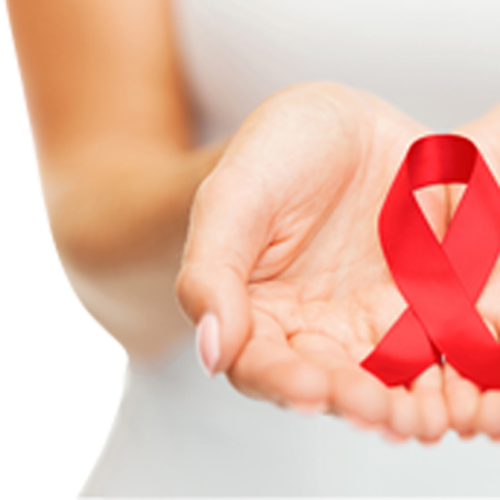The human immunodeficiency virus (HIV) is still present today. Take the time to get information and to speak to your teens about it.
Since it was discovered, the human immunodeficiency virus (HIV) has wreaked a lot of havoc in the world. AIDS, the disease that results from it, still causes a lot of deaths and many concerns for people who suffer from it. Find out how to protect yourself against this serious infection.
HIV and AIDS: a few facts
Preventive measures and the development of medication have contributed to limiting the consequences of HIV on Canadians. However, there is still a lot to be done to raise public awareness on the issues surrounding the disease.
The HIV infection is characterized by the progressive destruction of the immune system after the virus has attacked very specific body cells: T4 lymphocytes (or CD4) cells. At this stage, an individual is said to be infected with HIV or to be “HIV positive”.
After the disease has progressed for several years, generally without any symptoms, a drop in CD4 cells brings the individual to the “acquired immunodeficiency syndrome” stage (AIDS). Typical characteristics of the disease include the development of “opportunistic” infections, which are caused by germs that usually do not infect healthy individuals. AIDS can also contribute to the development of some forms of cancer. The presence of the virus can also lead to other problems such as lesions to the nervous or digestive systems, or to the muscles or kidneys.
If untreated, AIDS is a progressive life-threatening disease. Treatment significantly prolongs life expectancy.
How do you get HIV?
As is the case for most viruses, HIV is contagious. It is transmitted through biofluids containing high levels of the virus such as blood, sperm, vaginal secretions and breast milk. An infected person can transmit the virus even if they are symptom-free.
The virus can spread in various ways, including:
- sexually, during unprotected sexual intercourse
- through drug or medication abuse, using dirty syringes
- through pregnancy, via the umbilical cord, when giving birth or when breastfeeding
- through blood and blood products, during blood transfusions
However, the virus cannot be spread in the following ways:
- by shaking hands with an infected person, kissing them on the cheek or using their cellphone
- by using the same toilet seat
- by swimming in a public pool
- by an insect sting
HIV and AIDS treatments
The medications used to treat this disease are called “antiretroviral” drugs. They block the development of the virus at various stages of its reproductive cycle. The treatment always involves using a combination of several drugs, which improves its effectiveness. Taking all of the medications as prescribed by a doctor is essential to ensure optimal treatment. Antiretroviral drugs help slow down virus multiplication and therefore, maintain a strong immune system to delay the onset of AIDS as long as possible. There is currently no cure for AIDS.
Prevention
There is currently no vaccine to prevent contracting HIV. The best way to protect yourself is to take the following precautionary measures to minimize the risks of contamination:
- use a condom during sexual intercourse (vaginal, anal or oral)
- avoid sharing syringes
- when getting a tattoo or piercing, make sure the material is new and disposable or sterilized
- use disposable gloves when at risk of direct contact with blood
- for HIV positive women, consider giving birth by caesarian section
- for HIV positive women who are new mothers, consider feeding your baby with formula instead of breastfeeding
Another prevention measure that is crucial in avoiding contamination, is medical screening. If you are sexually active and have had unprotected sexual intercourse, it may be advisable to have a blood test for HIV screening. Talk to your doctor about your risk level and the relevance of the test in your situation. Contamination often occurs through sexual intercourse with an infected partner who is unaware of their condition.
Everyone should be aware of HIV, since no one is completely sheltered from this type of infection.

